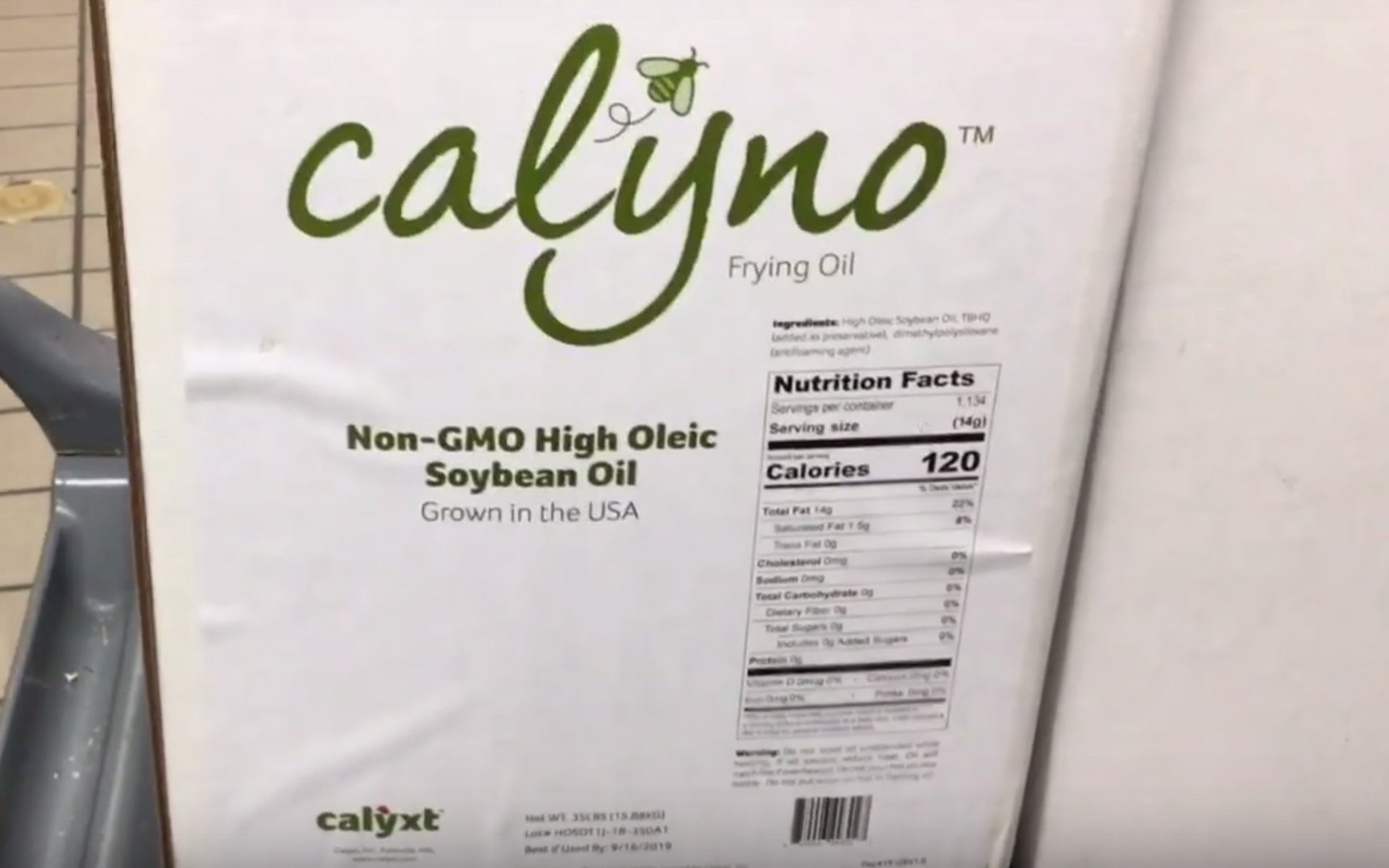Companies that are using gene editing to create new crop varieties are infiltrating organic and non-GMO seed industries and even making “non-GMO” or “non-transgenic” claims on their crops.
Purchased leading non-GMO soybean seed company
Benson Hill, a St. Louis-based “crop improvement company” recently announced the launch of Benson Hill Seeds, a company that plans to use gene editing to produce crops for food and feed. Earlier this year, Benson Hill purchased Schillinger Genetics, also known as eMerge Genetics, an Iowa-based company that has developed high-yielding, high-protein non-GMO soybean varieties.
Benson Hill Seeds is selling eMerge Genetics non-GMO soybean seeds as well as another line of soybeans called Navita, which are promoted as non-GMO on Benson Hill Seeds’ website. Emails sent to Benson Hill Seeds asking if Navita seeds were developed using gene editing were blocked.
Also earlier this year, Benson Hill announced a partnership with Brownseed Genetics, a developer of non-GMO and organic hybrid seed corn. Brownseed had developed a Purity Plus program to prevent non-GMO corn seed from being contaminated by genetically modified corn.
In a press release announcing the partnership, Brownseed Genetics owner, Charles Brown, said: “For a small, family-owned company like ours to have access to the powerful technologies that Benson Hill offers would have been unthinkable only a few years ago. These advanced capabilities in predictive breeding and gene editing would have been available only to very large players in the seed industry; I’m pleased that Benson Hill is working with partners like us, across the food chain, regardless of size.”
Meanwhile, two other gene editing crop producers, Calyxt and Cibus, make non-GMO or non-transgenic claims about their crops. Calyxt has labeled oil made from its gene edited high oleic soybeans as non-GMO on cartons of oil sold to restaurants. Calyxt soybeans are processed at Iowa-based American Natural Processors, which processes organic and non-GMO soybeans. Cibus claims that its gene edited herbicide tolerant Falco brand canola is non-transgenic and can earn farmers non-GMO premiums.
Calyxt even submitted their company information to be listed in The Non-GMO Sourcebook, an annual directory of non-GMO seed, grain, and ingredient suppliers. Their listing was rejected.
“Wolf-in-sheep’s clothing strategy”
Jim Thomas, co-executive director of ETC Group, which tracks new genetic engineering technologies, says Benson Hill, Calyxt, and Cibus threaten the non-GMO seed industry.
“It’s saying something about the market when the best-selling strategy that GMO companies have is to pretend to be non-GMO. The gene editing companies such as Calyxt, Cibus, and Benson Hill are pursuing a wolf-in-sheep’s clothing strategy that could wreck the integrity of the non-GMO market with their fake claims. Those seed and crop producers who work hard and truly care to maintain real non-GMO systems at Non-GMO Project standards should be right now urgently consulting with their lawyers on how to beat back this false and damaging behavior.”
Gene editing is classified as genetic engineering by leading non-GMO certification firms the Non-GMO Project and NSF. Products made using gene editing are prohibited from being certified as non-GMO by the two organizations. The National Organic Standards Board has ruled that gene editing is a genetic engineering technology and recommended that it be an excluded method in organic food production.









